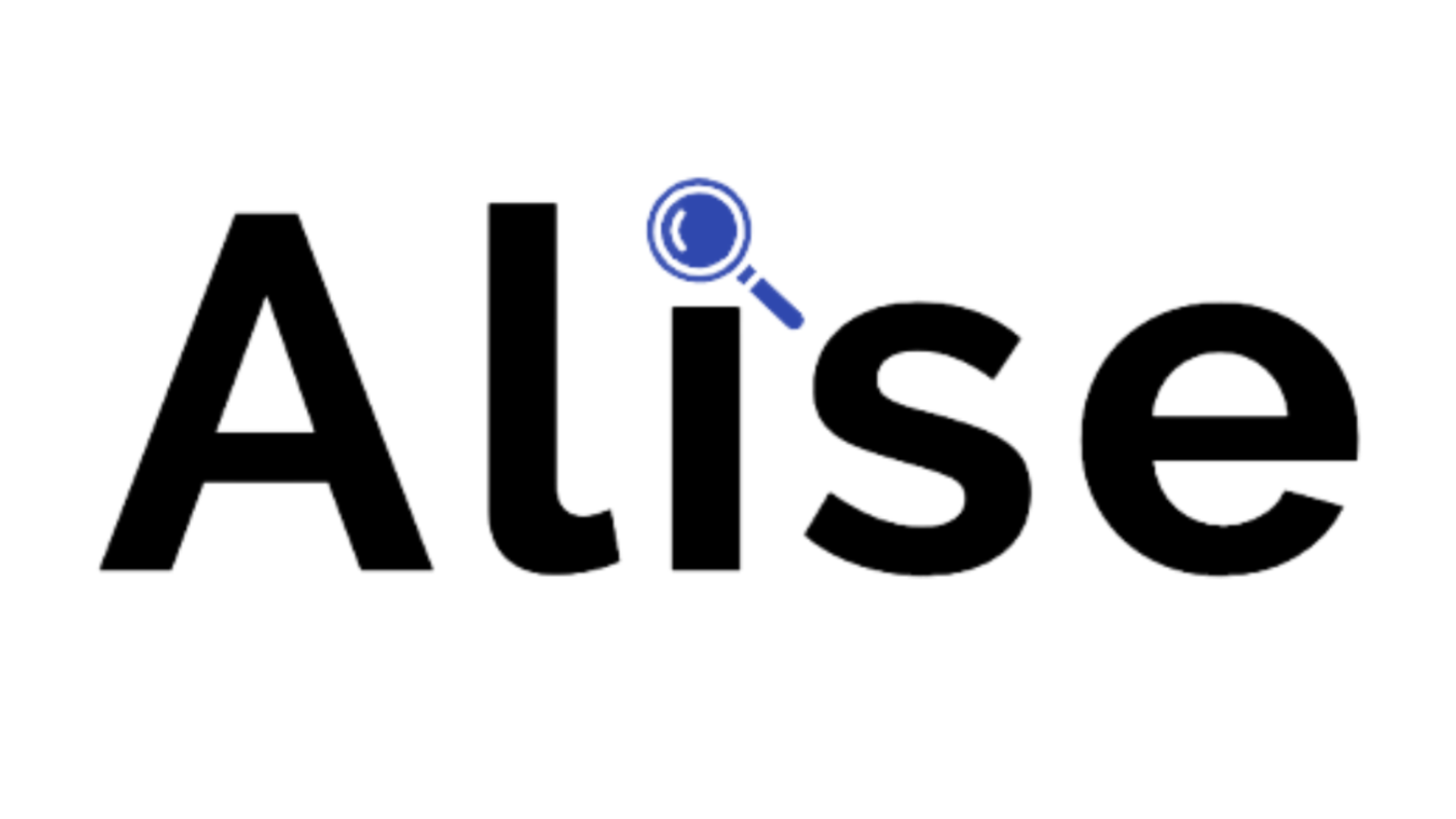In today’s data-driven world, the ability to access and integrate information from various sources is crucial for making informed decisions. However, many organizations struggle with data silos—data stored in different systems or departments, making it difficult to perform comprehensive analysis. This article explores the challenges posed by data silos and presents Alise as a solution to unify and streamline data access.
Understanding Data Silos and Their Impact
Data silos occur when information is isolated within different systems or departments, preventing a holistic view of the organization’s data landscape. This fragmentation leads to several issues:
- Inefficiency: Employees spend significant time locating and consolidating information from disparate sources.
- Inconsistent Data: Different departments may have conflicting versions of the same data, leading to confusion and errors.
- Hindered Decision-Making: Without a unified view of data, making strategic decisions becomes challenging, as leaders lack access to all relevant information.
Challenges of Data Silos
Organizations face various scenarios where data silos become a significant obstacle:
- Departmental Isolation: Marketing, sales, and customer service departments often use separate databases, resulting in isolated data pockets.
- Legacy Systems: Older systems may not integrate well with newer technologies, creating gaps in data accessibility.
- Growth and Expansion: As companies grow, the addition of new systems and processes can lead to further data fragmentation.
These challenges can result in lost opportunities, inefficiencies, and an overall decline in organizational performance. Breaking down these silos is essential to maintaining a competitive edge and fostering innovation.
Alise’s Solution to Data Silos
Alise offers a comprehensive solution to the problem of data silos by integrating data from various systems and departments into a single, cohesive platform. Here’s how Alise addresses this issue:
- Unified Data Access: Alise provides a centralized platform where all organizational data can be accessed seamlessly. This integration includes data from client emails, chats, market research, and other sources, ensuring that no information is overlooked.
- Advanced Search Capabilities: Leveraging semantic search technology, Alise replicates advanced search engine features within the organization’s systems. This ensures that the information retrieved is highly relevant to specific needs, allowing for more precise and contextually appropriate results.
- Real-Time Data Synchronization: Alise ensures that data across all departments is synchronized in real-time, eliminating discrepancies and ensuring that everyone works with the most up-to-date information. This feature is particularly crucial for maintaining data accuracy and consistency.
- Enhanced Data Analysis: By integrating data from various sources, Alise enables comprehensive analysis, allowing organizations to identify trends, patterns, and insights that were previously hidden in isolated data sets. This capability supports informed decision-making and strategic planning.
Conclusion
Alise provides a robust solution to the pervasive issue of data silos, offering unified data access, advanced search capabilities, and real-time synchronization. By integrating data from various systems and departments, Alise ensures that organizations can access, analyze, and utilize their data effectively.
Implementing Alise means breaking down the barriers created by data silos, enhancing overall efficiency, and supporting strategic decision-making. In an era where data is a critical asset, Alise empowers organizations to harness the full potential of their information, driving innovation and growth.



No responses yet